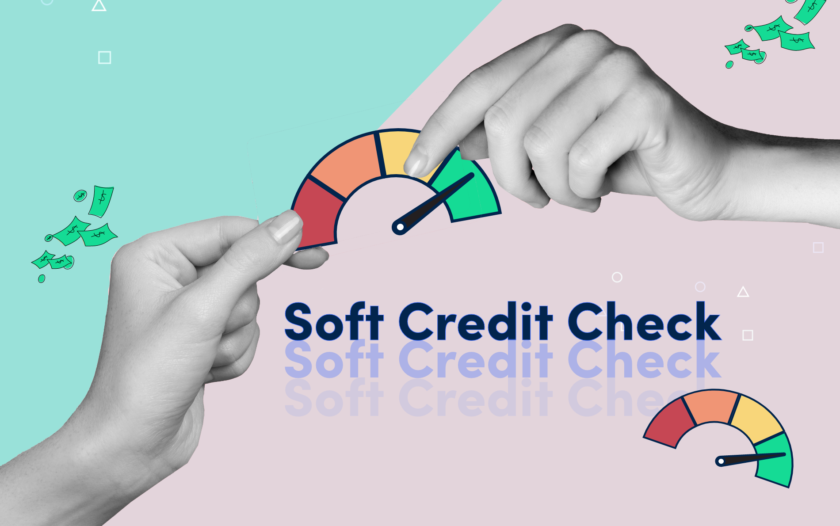What is a Soft Credit Inquiry and How Does it Work?
About Trevor
Trevor Mahoney is a financial services writer and content creator based out of Los Angeles, California. He holds a Bachelors of Science in Finance from Santa Clara University. In his free time, he enjoys hiking and lounging on the beach.
Read full bio
At a Glance
During the loan application process, a lender may have informed you that they run a hard check instead of soft check on your credit. Alternatively, you may have requested a prequalification or preapproval decision and seen that it involves a soft check. Understanding what a soft credit check is can help any borrower better understand their overall credit.
In this article, you’ll learn:
What is a credit inquiry?
To start, a credit inquiry is when somebody requests to receive your personal credit information. This inquiry is sent to one of the three major credit bureaus (Experian, Equifax, or TransUnion) and they share your credit report if the person asking has a legal right to view it. The only time a credit inquiry would yield no results is if you placed a freeze on your credit beforehand.
There are two types of credit inquiries that can occur: a soft credit pull and a hard credit pull. The latter will almost always be required when you formally apply for something that requires a credit check, whereas the former only occasionally comes up.
What is a soft credit check?
A soft credit inquiry still stems from a lender requesting to view your credit report, but it doesn’t show up on your report. Rather, soft credit checks will only come up if a person requests to view their consumer disclosure. Some common examples of soft credit checks include:
- Submitting an application for employment
- Checking your credit score yourself, but not requesting through the bureaus
- Pre-approval or pre-qualification checks
- Applications for insurance
How do soft credit checks work?
When looking at what a soft credit check is, the answer is exactly the same as a hard credit check, only less information is provided. Soft credit checks aren’t associated with a formal application for credit, so your credit history isn’t provided when a soft pull occurs. Rather, your score and preliminary information is available to the requestor.
Can you see soft inquiries on your credit report?
Soft credit checks will not show up on your credit report in the same way as a hard credit check. Soft checks will be included in the consumer disclosure section, but not under any credit applications. Additionally, a soft check may show up on a report from one credit bureau, but not the other. This is due to the fact that when you request a soft check, you only request it from one of the three agencies.
Does a soft credit pull affect your credit score?
Many people often wonder do soft credit checks affect credit scores and the answer is no. Since soft checks are not tied to any credit application and don’t have major ramifications, they aren’t viewed as important enough to impact your credit score. Hard credit inquiries can and will affect your credit score, typically dropping it by a couple points, with a large number of hard checks in a small span of time being viewed as a negative.
Related: Do Credit Inquiries Affect Credit Score?
Soft vs hard credit check
In looking at what does a soft credit check show and the soft credit check meaning itself, there are a number of key differences between a soft and hard pull. Most notably, hard pulls will impact your credit score while soft pulls will not. Hard pulls show up on a credit report tied to a specific application for something, whereas soft checks only show up in the consumer disclosure section.
Additionally, keep in mind that hard credit checks can stay on your credit report for as much as two years from the time of application. Multiple hard credit checks for the same purpose won’t have as much of a negative effect, as the bureaus recognize this activity as rate shopping.
FAQs
Yes, soft credit checks can be highly useful to consumers, employers, and lenders alike. Without digging into your in-depth credit history, a soft check can show your general financial relationship with debt. They are often used by lenders and credit card issuers for pre-qualification, and they can be very useful for background checks by a potential employer or landlord.
Soft inquiries will stay on your credit report for an average of 12-24 months, but keep in mind that they don’t impact your credit score, so this doesn’t really matter.
Yes, one of the most common types of soft credit checks is a person checking their own credit score. Many accredited websites and banks offer this functionality, and it will not harm your credit score.









